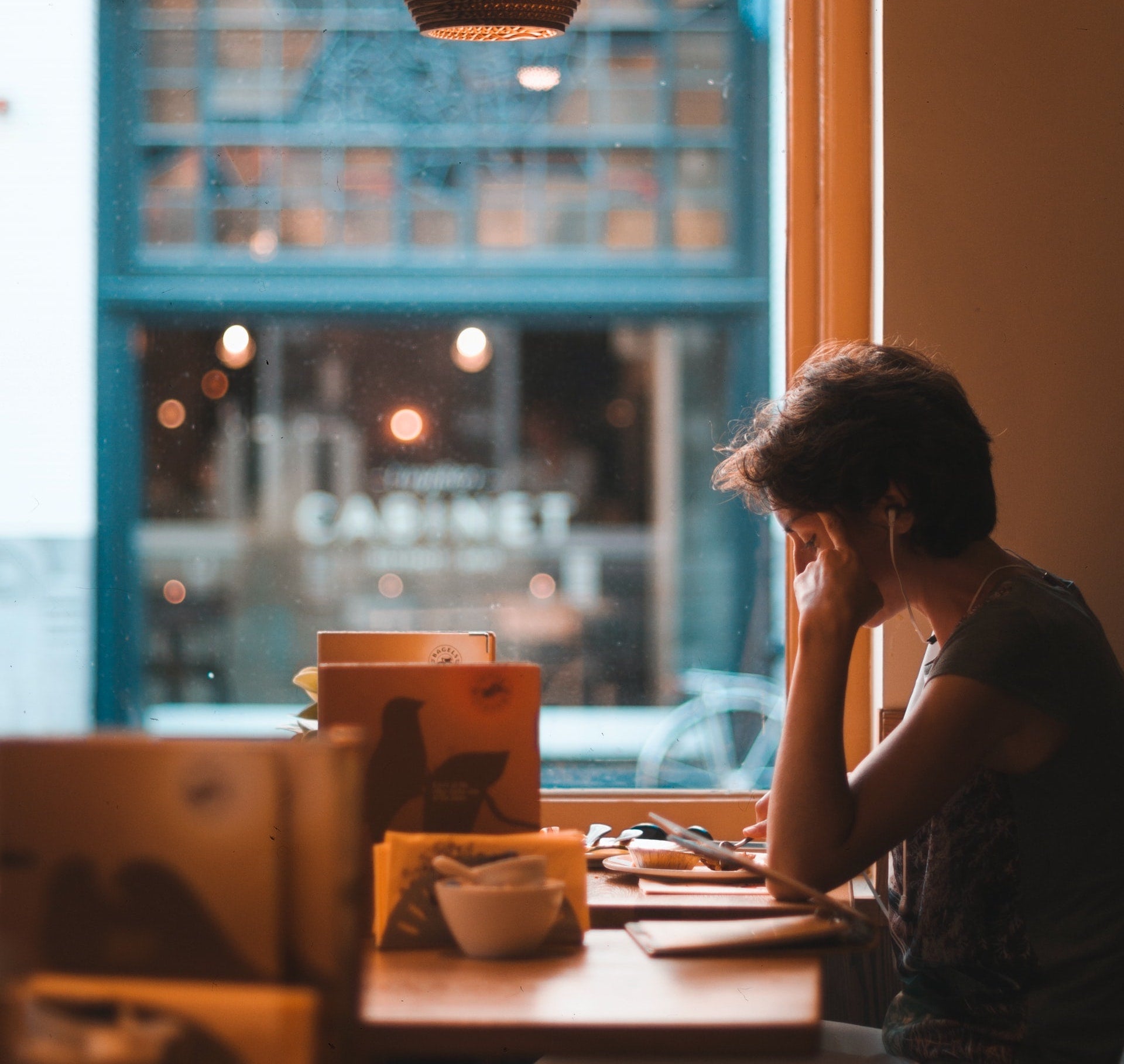
Concentration Tips from Experts
4 Min read
Hands up if you’ve walked into a room and forgotten why you’re there? Found yourself scrolling through Instagram when you’re supposed to be writing on the still-blank screen of your computer? Zoned out during a work meeting and realised you’ve lost track of what everyone is talking about?
Being able to concentrate on a task has become increasingly difficult. In today’s world it is all too easy to be distracted. We are so much information all the time that our brains feel overloaded. With work, family, relationship, friendship, community and global issues all jostling for airtime, it’s no wonder we find our brains flitting from here to there and back again. And with a dopamine-hit of diversion always just one click away, it’s often far more appealing to succumb to distraction rather than maintain focus on a task.
The good news is there are lots of things we can do to help us to concentrate better. If you find it hard to keep your mind on track, these expert hacks might be just what you need.

Mindfulness
Dr Amishi Jha is a professor of cognitive and behavioural neuroscience and an expert in the science of attention. In her book Peak Mind she shares research proving that simple mindfulness exercises carried out by people with high-demand jobs, such as soldiers, elite athletes and emergency medics, improve many aspects of cognitive and emotional health, including strengthening attention.
“We’re in a crisis because our attention works so well,” says Jha. “It’s doing exactly what it was designed to do: respond powerfully to certain stimuli.” Her work shows that practising mindfulness exercises regularly in short bursts throughout the day helps us become aware of the busy traffic of our thoughts and stop that scrambled, foggy feeling so many of us experience. This means we can observe what we are thinking, before we act, so that eventually we notice when we have the urge to grab our phone and scroll, before we mindlessly pick it up. It means we have agency and can make conscious decisions that keep us on track rather than veering off into distraction.
One exercise Jha suggests is noticing where the breath feels most prominent in the body – usually in the diaphragm or chest – and directing all attention there. Then noticing when thoughts or sensations pull the awareness away, before gently directing it back to the breath. Another exercise is a body scan, moving awareness through the body from the bottom to the top, noticing all physical sensations along the way. Whenever the mind wanders, the idea is to bring it back into the body. Both these exercises can be short – even around three minutes at various points throughout the day can be tremendously impactful.
Nutrition
New York osteophathic physician Dr Christopher Calapai, whose high-profile patients include former champion boxer Mike Tyson, and actors Mickey Rourke and Steven Seagal, highlights the role of nutrition in combatting poor concentration and brain fog. Calapai suggests eating high-quality foods rich in vitamins, minerals and antioxidants to nourish the brain and protect it from oxidative stress – the 'free radicals' produced when the body uses oxygen, which can damage cells. He recommends avoiding processed foods, carbohydrates and sugars in favour of whole, fresh foods like salmon and spinach, as well as packing in lots of antioxidant rich foods such as blueberries, artichokes and dark chocolate.
A number of Ancient + Brave products offer another layer of support for cognitive function. Our Coffee + Collagen contains natural nootropics to help increase alertness and improve concentration, and our Inspired Collagyn for Brain, with key essential vegan nutrients including choline, iodine and vitamin D, has been specially designed to support mind, mood, cognitive function and optimal daily wellbeing.
Sleep
Tiredness is another key player in our ability to think straight and concentrate. “Poor sleep has an adverse impact on thinking," says sleep expert Dr. Lawrence Epstein, an instructor in medicine at Harvard Medical School. "This is true whether it's due to a lack of sleep or a sleep disorder." Epstein explains when we don't get enough sleep, our ability to remain attentive and concentrate decline, our reaction time lengthens, we're inattentive and we don't respond as well to environmental signals. “For example, going without sleep for 48 hours impairs cognitive abilities to the same degree as having a blood alcohol concentration of 0.1%, above the legal limit," he says.
Thankfully there are plenty of ways to help us to get more sleep. "You really can make up for lost sleep and restore focus and clarity,” says Epstein. “You can lose the brain fog within a week. But start now; the longer you have bad sleep, the longer it will take to catch up.” He suggests that we aim for seven to eight hours a night, supplementing with naps if necessary.
Stop multitasking
London psychologist and hypnotherapist Aaron Surtees takes a practical approach to improving our attention span. He recommends avoiding multitasking, turning off unneeded notifications on our phones and taking regular breaks outside.
“We may be proud that we can master a number of tasks at once, but you are not doing your attention span any favours,” says Surtees. 'Multitasking and switching between different tasks will actually make you confused and open to errors as your brain is slowing down to try and work out the tasks in front of you. If you focus on one task you will finish the task quicker and more often, correctly.” Another great tip he has it to set an alarm to take short breaks in nature. “Step outside, stretch your legs and look around at your surroundings. You will be calmer, think with more clarity and be more focused and less stressed.”

Find out more about how the products we have designed to support cognitive performance here.